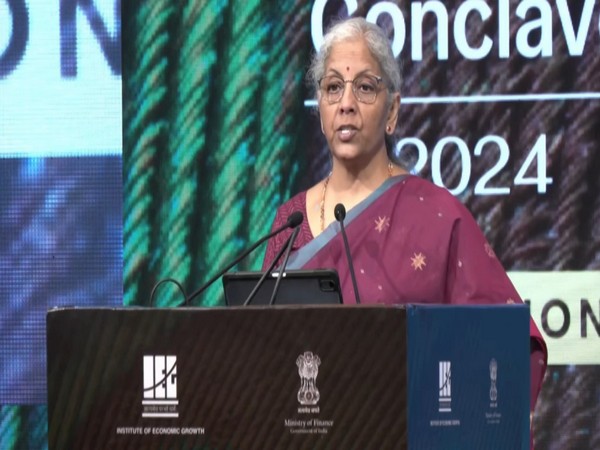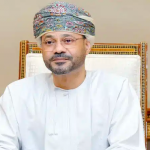The recent Kautilya Economic Conclave held in New Delhi saw Union Finance Minister Nirmala Sitharaman highlighting the critical pillars of India’s economic growth. The focus of her speech was on the reforms that have been implemented in India’s banking sector and their positive impact on the country’s economy. Sitharaman emphasized the soundness and resilience of India’s banking sector, attributing it to sustained policy focus on asset quality improvements, enhanced provisioning for bad loans, capital adequacy, and profitability. She pointed out that non-performing asset (NPA) ratios are currently at a multiyear low, and banks have efficient debt recovery mechanisms in place, ensuring a healthy financial system.
Another key area of improvement in India’s economy that was highlighted at the conclave is the logistics infrastructure, particularly in the ports sector. Over the past decade, India has made remarkable advancements in this area, leading to a significant rise in the World Bank’s Logistics Performance Index ranking. From 54 in 2014, India now holds the 38th position, showcasing the progress made in this crucial sector. The Finance Minister also stressed the policy of “minimum government and maximum governance” and outlined key reforms that have been rolled out across infrastructure, investment, and trade policy domains. These reforms include deregulation and simplification of labor codes, the implementation of the GST, the RERA Act, insolvency and bankruptcy codes, and FDI liberalization across sectors.
In her speech, Sitharaman also underlined the importance of innovation and research in driving India’s future growth. The FY24 budget has allocated Rs1200 crore to research and development, with a focus on fostering collaboration between academia, the private sector, and government. The establishment of the Anusandhan Research Fund aims to seed and promote research across academic institutions and R&D laboratories. The Finance Minister emphasized that research and innovation will play a crucial role in shaping India’s economic trajectory in the coming years.
Lastly, Sitharaman highlighted the need to address the needs of India’s key stakeholders when shaping future budgets. She mentioned that the poor, women, youth, and farmers are the major stakeholders and beneficiaries of the growth process towards a developed India. By focusing on their needs and ensuring inclusive growth policies, the government aims to create a more equitable and prosperous future for all citizens. Overall, the Finance Minister’s speech at the Kautilya Economic Conclave shed light on the significant reforms and advancements that have been made in India’s banking sector, logistics infrastructure, and research and innovation ecosystem, signaling a positive outlook for the country’s economic growth in the coming years.

























